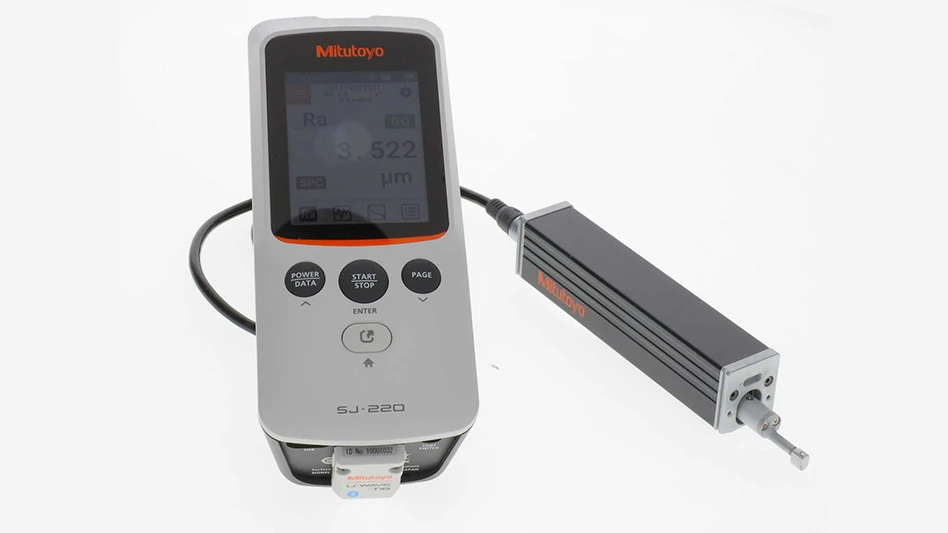A pilot study published in Neurorehabilitation and Neural Repair indicates that the Fisher Wallace Stimulator, a low-risk and non-invasive therapy also known as Cranial Electrotherapy Stimulation (CES), may lead to improved gait and balance recovery in people with Parkinson’s disease.
Conducted by a team of researchers led by Gad Alon, PT, PhD at the Department of Physical Therapy & Rehabilitation at the University of Maryland School of Medicine, the study found that gait velocity and stride length increased in Parkinson’s patients who received the therapy, which may reduce the risk of injury from falling and other movement related accidents, and lead to an improved quality of life for patients with Parkinson’s disease.
Ten patients participated in the pilot study to ascertain the safety and ability of CES, also known as tPCS, to modify protective stepping and gait of individuals with Parkinson’s disease. The participants received three therapies: 1) one treatment of a CES delivered current for 20 minutes; 2) walking on treadmill for 20 minutes; and 3) a combination of CES and treadmill for 20 minutes. One CES session increased stride length and gait velocity significantly compared with treadmill alone, or CES and treadmill combined, suggesting that multiple treatments of CES might yield even better gains.
The Fisher Wallace Stimulator, the CES device used in the study, has been FDA-cleared since 1991 to treat depression and anxiety – two common co-morbid symptoms in Parkinson's patients. The benefit of using one low-cost device to treat movement and mood disorders in Parkinson's patients is significant, and promising. The drugs currently used to treat Parkinson's patients come with serious side effects, and deep brain stimulation (DBS) – the medical intervention of choice for improving motor control in Parkinson’s disease – has such strict criteria surrounding its use that it excludes most Parkinson’s patients.
The University of Maryland study is among a growing body of evidence for the safe and effective use of non-pharmaceutical therapies like the Fisher Wallace Stimulator for treating a host of illnesses including post-traumatic stress, acute depression and chronic pain.
Get curated news on YOUR industry.
Enter your email to receive our newsletters.Latest from Today's Medical Developments
- Incredible Machine works on the Rube Goldberg principle
- FAULHABER’s metal planetary gearhead family
- Aerospace Industry Outlook - Spring 2025, presented by Richard Aboulafia
- World’s smallest pacemaker is activated by light
- FANUC America’s ready-to-deploy cobot web tool
- #42 Lunch + Learn Podcast - Quell Corp
- Siemens accelerates path toward AI-driven industries through innovation and partnerships
- REGO-FIX’s ForceMaster and powRgrip product lines






